|
Section I: Research Methodology
Part A: Assessment Methods for Research and Practice
Chapter 1. Dietary Assessment Methodology
- Abstract
- I Introduction
- II Dietary Assessment Methods
- III Dietary Assessment in Different Study Designs
- IV Dietary Assessment in Special Populations
- V Selected Issues in Dietary Assessment Methods
- Acknowledgments
- References
Chapter 2. Assessment of Dietary Supplement Use
- Abstract
- I Introduction
- II Methods for Assessing Dietary Supplement Intake
- III Dietary Supplement Composition Databases for Analysis of Dietary Supplement Intake
- IV The Dietary Supplement Label
- V Authoritative Information and Resources About Dietary Supplements
- VI How to Report Problems with Dietary Supplement Intake
- Conclusions
- References
Chapter 3. Physical and Clinical Assessment of Nutritional Status
- Abstract
- I Introduction
- II Assessment of Body Size and Shape
- III Assessment of Body Composition
- IV Clinical Considerations in Assessment of Nutrition Status
- V Conclusion
- References
Chapter 4. Energy Requirement Methodology
- Abstract
- I Introduction
- II Components of Daily Energy Expenditure
- III Total Energy Expenditure
- IV Recommended Energy Intakes
- References
Chapter 5. Metabolomics
- Abstract
- I Introduction
- II Specimens
- III Metabolomics Analytical Tools
- IV Data Analysis
- V Applications to Food and Nutrition
- VI Summary
- Acknowledgments
- References
Part B: Research and Applied Methods for Observational and Intervention Studies
Chapter 6. Translational Research: Concepts and Methods in Dissemination and Implementation Research
- Abstract
- I Introduction
- II Key Concepts in Translational Research
- III Common Frameworks in D&I Research
- IV Common Study Designs and Approaches in D&I Research
- V Measures in D&I
- VI Examples from the Literature
- VII Additional Resources
- VIII Conclusions
- References
Chapter 7. Overview of Nutritional Epidemiology
- Abstract
- I Introduction
- II Principles of Exposure Measurement in Nutritional Epidemiology
- III Study Designs Used in Nutritional Epidemiology
- IV Interpretation of Cause and Effect in Nutritional Epidemiology
- V Obstacles to Finding Associations of Dietary Intake and Disease Risk
- VI Future Research Directions
- References
Chapter 8. Analysis, Presentation, and Interpretation of Dietary Data
- Abstract
- I Introduction
- II Analysis of Dietary Data
- III Presentation of Data
- IV Interpretation of Data
- Conclusion
- References
Chapter 9. Current Theoretical Bases for Nutrition Intervention and Their Uses
- Abstract
- I Introduction
- II The Importance of Understanding Influences on Dietary Behavior
- III What Is Theory?
- IV Explanatory and Change Theories
- V Unique Features of Diet-Related Behavior to Consider When Using Theory
- VI Important Theories, Their Key Constructs, and Application
- VII Constructs and Issues Across Theories
- VIII Implications and Opportunities
- References
Chapter 10. Nutrition Intervention: Lessons From Clinical Trials
- Abstract
- I Introduction
- II Common Components of Dietary Interventions in Clinical Trials
- III Conceptual Models of Motivation
- IV Theories Used in Achieving Dietary Behavior Change in Clinical Trials
- V Summary
- References
Chapter 11. Biomarkers and Their Use in Nutrition Intervention
- Abstract
- I Introduction
- II Biomarkers of Dietary Intake or Exposure
- III Functional Biomarkers and Markers of Biological Effects
- IV Biomarkers of Genetic Susceptibility
- V Metabolomics for Biomarker Discovery
- VI Criteria for Selecting and Using Biomarkers
- VII Summary
- References
Section II: Nutrition for Health Maintenance, Prevention, and Disease-Specific Treatment
Part A: Food and Nutrient Intake for Health
Chapter 12. Nutrition Guidelines to Promote and Maintain Health
- Abstract
- I Introduction and Objectives
- II Guidelines on Human Nutrient Requirements
- III Federal Nutrition-Related Health Policies
- IV Expert Guidelines on Nutrient Requirements for Health Promotion and Chronic Disease Prevention
- V Using Nutrition Policies and Expert Guidelines to Inform the Professional Practice of Nutrition
- VI Summary
- References
Chapter 13. Nutritional Recommendations for Athletes
- Abstract
- I Introduction
- II Energy Requirements for Athletes
- III Macronutrient Recommendations for Athletes
- IV Micronutrient Requirements for Athletes
- V Fluid Requirements for Athletes
- VI Summary and Conclusions
- References
Chapter 14. Nutrition for Children With Special Health Care Needs
- Abstract
- I Introduction
- II The Role of Nutrition in Preventing Developmental Problems
- III The Functional Approach to Nutrition Assessment for Children with Special Needs
- IV Evidence-Based Interventions for Selected Conditions
- V Conclusion
- References
Part B: Dietary Bioactive Compounds for Health
Chapter 15. Bioavailability and Metabolism of Bioactive Compounds From Foods
- Abstract
- I Introduction
- II Bioavailability of Water-Soluble Compounds
- III Lipid-Soluble Compounds
- IV Summary
- References
Chapter 16. Antioxidants in Health and Disease
- Abstract
- I Introduction
- II Antioxidants in Disease Etiology, Prevention, and Treatment
- III Overall Conclusion and Discussion
- References
Chapter 17. Choline and Brain Development
- Abstract
- I Introduction
- II Choline Metabolism and Biochemistry
- III Choline in Foods and Dietary Requirements
- IV Choline and Neural Development
- V Long-Lasting Consequences of Prenatal Choline Availability
- VI Implications for Human Brain Development
- Acknowledgment
- References
Chapter 18. Dietary Phytochemicals in Neurodegenerative Disease
- Abstract
- I Introduction
- II Alzheimer’s Disease
- III Parkinson’s Disease
- IV Dietary Plants and Neurodegenerative Disease
- V Neuroprotective Effects of Phytochemicals in AD Models
- VI Neuroprotective Effects of Phytochemicals in PD Models
- VII Neuroprotective Mechanisms of Phytochemicals
- VIII Conclusions and Future Directions
- References
Chapter 19. Diet and Supplements in the Prevention and Treatment of Eye Diseases
- Abstract
- I Introduction
- II Lutein, Zeaxanthin, and Eye Health Throughout the Lifespan
- III Cataract
- IV Age-Related Macular Degeneration
- V Diabetic Retinopathy
- VI Glaucoma
- VII Chapter Summary
- Acknowledgments
- References
Chapter 20. Phytochemicals in the Prevention and Treatment of Obesity and Its Related Cancers
- Abstract
- I Introduction
- II Role of Adipose Tissue in Obesity
- III Obesity-Related Cancers
- IV Phytochemicals in Obesity and Its Related Cancers
- V Conclusion
- References
Part C: Overweight and Obesity
Chapter 21. Genetics of Nonsyndromic Human Obesity, With Suggestions for New Studies From Work in Mouse Models
- Abstract
- I Introduction
- II The Big Picture-How Much Obesity Is Due to Genetics
- III Why Finding Obesity Genes Matters
- IV The Search for Obesity Genes
- V Gene-Environment Interactions
- VI Genetic Pathways of Obesity
- VII Clinical Implications of the Discovery of Obesity Genes
- References
Chapter 22. Obesity: Overview of Medical Treatments and Interventions
- Abstract
- I Introduction
- II Assessment of Overweight and Obesity
- III Selecting Treatment Options
- IV Pharmaceutical Interventions
- V Weight Maintenance
- VI Pediatric and Adolescent Obesity
- VII The Future of Obesity
- VIII Conclusion
- References
Chapter 23. Surgery for Severe Obesity
- Abstract
- I Introduction
- II Bariatric Surgical Procedures
- III Weight-Loss Surgeries
- IV Clinical Aspects
- V Preoperative Assessment
- VI Postoperative Management
- VII Long-Term Concerns
- VIII Conclusion
- References
Chapter 24. Behavioral Risk Factors for Overweight and Obesity: Diet and Physical Activity
- Abstract
- I Introduction
- II Obesity and Overweight
- III Dietary Intake Factors
- IV Physical Activity
- V Conclusion
- References
Chapter 25. Snacking and Energy Balance in Humans
- Abstract
- I Introduction
- II Definition of Snacking
- III Prevalence of Snacking
- IV Snacking and Type of Food Consumed
- V Snacking and Energy Balance
- VI Snacking as Part of a Healthy Diet
- VII Conclusions
- References
Part D: Cardiovascular Disease
Chapter 26. Genetic Influences on Blood Lipids and Cardiovascular Disease Risk
- Abstract
- I Introduction
- II Representative GWAS
- III Development of Cardiovascular Score
- Acknowledgments
- References
Chapter 27. The Role of Diet in the Prevention and Treatment of Cardiovascular Disease
- Abstract
- I Introduction
- II Effects of Macronutrients on CVD Risk Factors
- III Evidence-Based Dietary Patterns for Reducing CVD Risk
- IV Conclusions
- References
Chapter 28. Nutrition, Lifestyle, and Hypertension
- Abstract
- I Introduction
- II Micronutrients
- III Macronutrients
- IV Other Foods and Dietary Factors
- V Dietary Patterns
- VI Weight Reduction and Multilifestyle Modification
- VII Current Recommendations and Implementation
- VIII Summary
- References
Part E: Diabetes Mellitus
Chapter 29. Genetics and Diabetes
- Abstract
- I Introduction
- II Diagnosis of Diabetes and Nongenetic Risk Factors
- III Heritability and Monogenic Forms of Diabetes
- IV Linkage Analysis and Candidate-Gene-Based Association Studies
- V GWAS of Type 2 Diabetes
- VI GWAS of Type 2 Diabetes-Related Quantitative Traits
- VII Fine-Mapping of Identified Type 2 Diabetes Loci
- VIII Sequencing and Rare Variants
- IX Genetic Risk Score and Prediction Model for Type 2 Diabetes
- X Gene-Environment Interactions in Type 2 Diabetes and Diabetes-Related Traits
- XI Challenge and Future Direction
- XII Summary
- References
Chapter 30. Obesity and the Risk for Type 2 Diabetes
- Abstract
- I Introduction
- II Diagnostic Criteria for Obesity and Diabetes
- III Epidemiological Evidence for a Relationship of Obesity and Diabetes
- IV Prevention of Diabetes by Preventing Obesity
- References
- Further Reading
Chapter 31. The Role of Diet in the Prevention and Treatment of Diabetes
- Abstract
- I Introduction
- II Diagnostic Criteria and Diabetes Categories
- III MNT for Diabetes Prevention and Treatment
- IV Approaches to Treat Comorbidities and Reduce Complications
- V Nutrient Intake Considerations
- VI Collaborative Efforts for Diabetes Prevention and Treatment
- VII Conclusion
- References
Chapter 32. Nutritional Management for Gestational Diabetes
- Abstract
- I Introduction
- II Prevalence
- III Risk Factors
- IV Complications Associated with GDM
- V Screening and Diagnosis
- VI Weight Gain in Pregnancy
- VII Monitoring in Pregnancy
- VIII Nutrition Management
- IX Physical Activity
- X Pharmacological Therapy
- XI Diabetes Self-Management Education and Behavioral Approach
- XII Postpartum
- XIII Conclusion
- References
Part F: Cancer
Chapter 33. Interaction of Genetic Factors With Nutrition in Cancer
- Abstract
- I Introduction
- II Background and Definitions
- III Mechanisms of Diet-Gene Interactions
- IV Methodological Issues
- V Diet-Gene Interactions and Cancer
- VI Future Directions
- References
Chapter 34. Nutrition and Cancers of the Breast, Endometrium, and Ovary
- Abstract
- I Introduction
- II Breast Cancer
- III Endometrial Cancer
- IV Ovarian Cancer
- V Summary and Conclusion
- References
Chapter 35. Nutrition and Prostate Cancer
- Abstract
- I Introduction
- II Descriptive Epidemiology of Prostate Cancer
- III Studies of Diet in Relation to Prostate Cancer
- IV Genetics and Gene-Environment Interactions
- V Conclusions and Implications for Prevention and Treatment
- References
Chapter 36. Nutrition and Colon Cancer
- Abstract
- I Introduction
- II Fruits, Vegetables, and Legumes
- III Meat
- IV Milk and Dairy Foods
- V Whole Grains
- VI Beverages
- VII Summary
- References
Part G: Gastrointestinal Health and Disease
Chapter 37. Intestinal Microbiota and Diet in Health
- Abstract
- I Introduction
- II Distribution and Diversity of the Human Intestinal Microbiota
- III Bacterial Colonization, Succession, and Metabolism
- IV Functions of the GI Tract Microbiota
- V Methodology for Studying Intestinal Microbiota
- VI Influence of Diet on Intestinal Microbiota
- VII Microbiome-Associated Biomarkers
- VIII Challenges in the Field
- References
Chapter 38. Gut Microbial Metabolism in Health and Disease
- Abstract
- I Introduction to the Gut Microbiota
- II Conclusion
- References
Chapter 39. Nutritional Management of Inflammatory Bowel Disease and Short Bowel Syndrome
- Abstract
- I Inflammatory Bowel Disease
- II Short Bowel Syndrome
- III Conclusions
- References
Chapter 40. Nutrient Considerations in Lactose Intolerance
- Abstract
- I Introduction
- II Lactose in the Diet
- III Digestion of Lactose
- IV Loss of Lactase Activity
- V Diagnosis of Lactose Maldigestion
- VI Lactose Maldigestion and Intolerance Symptoms
- VII Lactose Digestion, Calcium, and Osteoporosis
- VIII Dietary Management for Lactose Maldigestion
- IX Gene Therapy for Lactose Intolerance
- X Prebiotics as Treatment for Lactose Maldigesters
- XI Summary
- References
Chapter 41. Nutritional Considerations in the Management of Gluten-Related Disorders
- Abstract
- I Introduction
- II Symptoms of Celiac Disease
- III Diagnosis of Celiac Disease
- IV Treatment of Celiac Disease with a Gluten-Free Diet
- V Management of the Complications of Celiac Disease
- VI Summary
- References
Chapter 42. Nutrition and Cystic Fibrosis
- Abstract
- I Overview of Cystic Fibrosis
- II Malnutrition in CF
- III Nutrition Assessment
- IV Nutrition Management
- V Conclusions
- References
Part H: Bone Health and Disease
Chapter 43. Current Understanding of Vitamin D Metabolism, Nutritional Status, and Role in Disease Prevention
- Abstract
- I Introduction
- II Metabolism of Vitamin D
- III Sources of Vitamin D
- IV Vitamin D Nutritional Status Assessment and Relation to Disease Risk
- V Dietary Requirements
- VI Safety of Vitamin D
- VII Future Considerations
- VIII Conclusion
- References
Chapter 44. Osteoporosis: The Early Years
- Abstract
- I Introduction
- II Acquiring Peak Bone Mass and Bone Strength
- III Skeletal Fragility in Children
- IV Nutrition and Development of Peak Bone Mass
- V Conclusion
- References
Chapter 45. Osteoporosis in Adults
- Abstract
- I Introduction
- II The Skeleton
- III Adult Bone Maintenance
- IV Diagnosis of Osteoporosis
- V Osteoporosis Prevention and Treatment
- VI Conclusion
- References
|
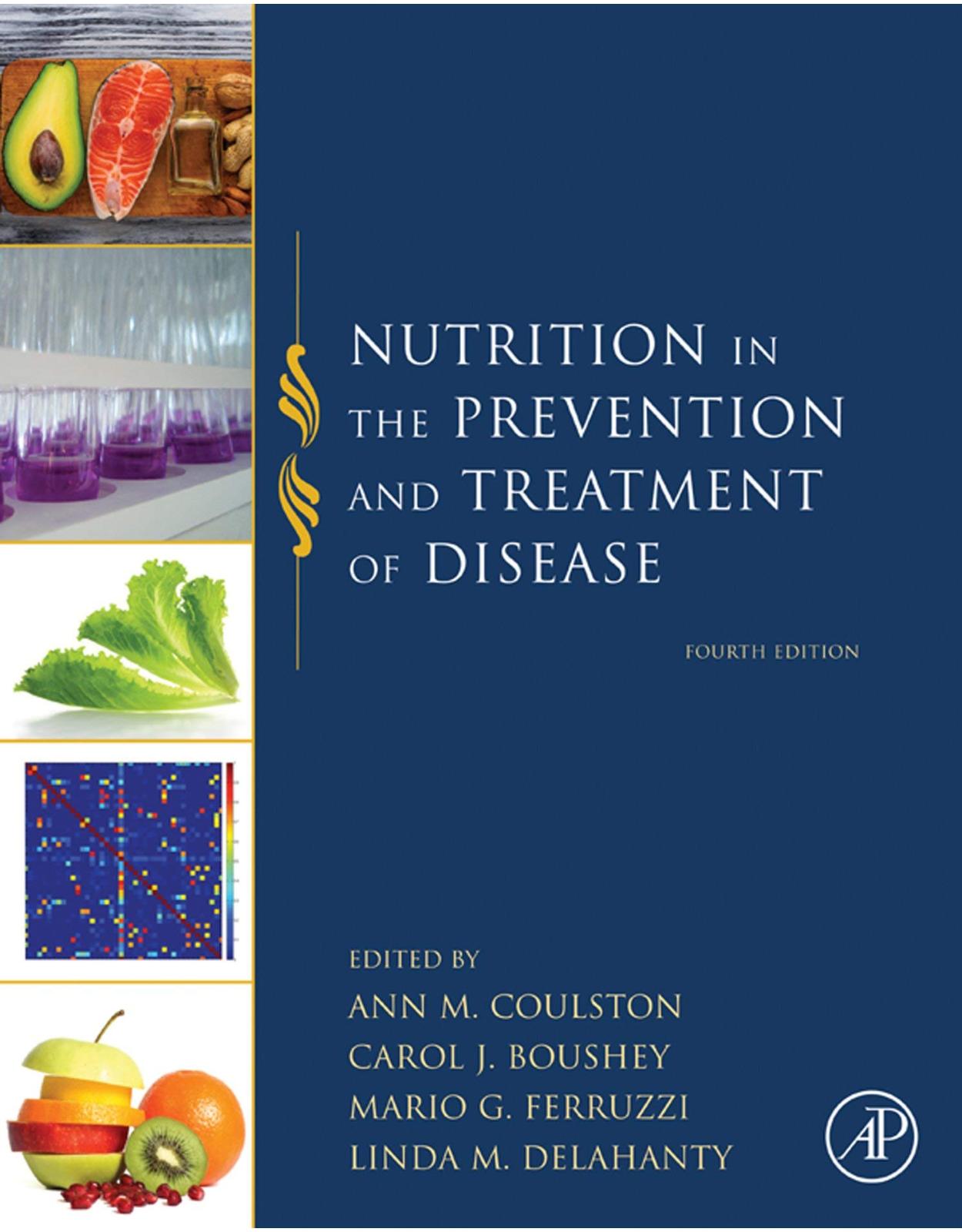


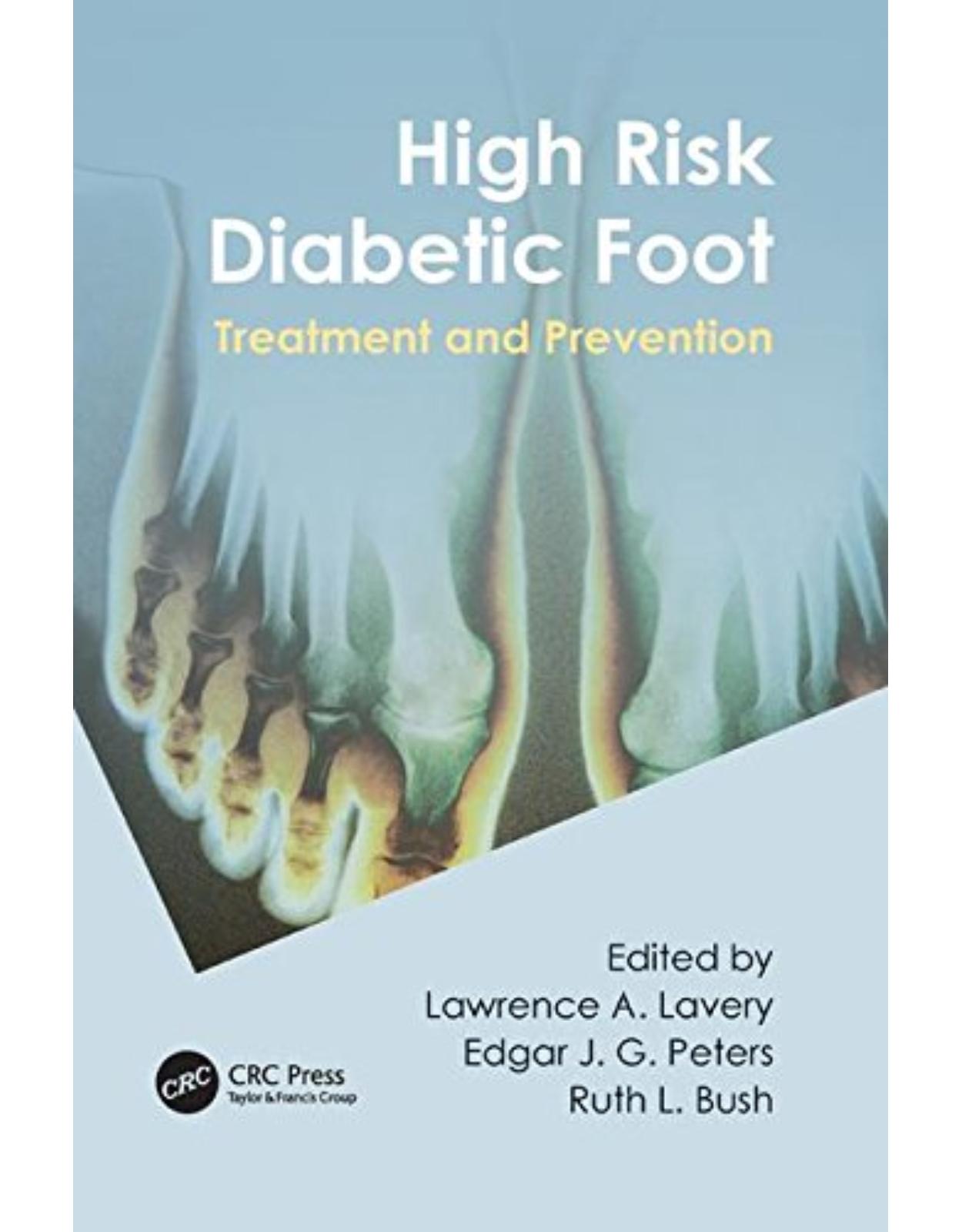
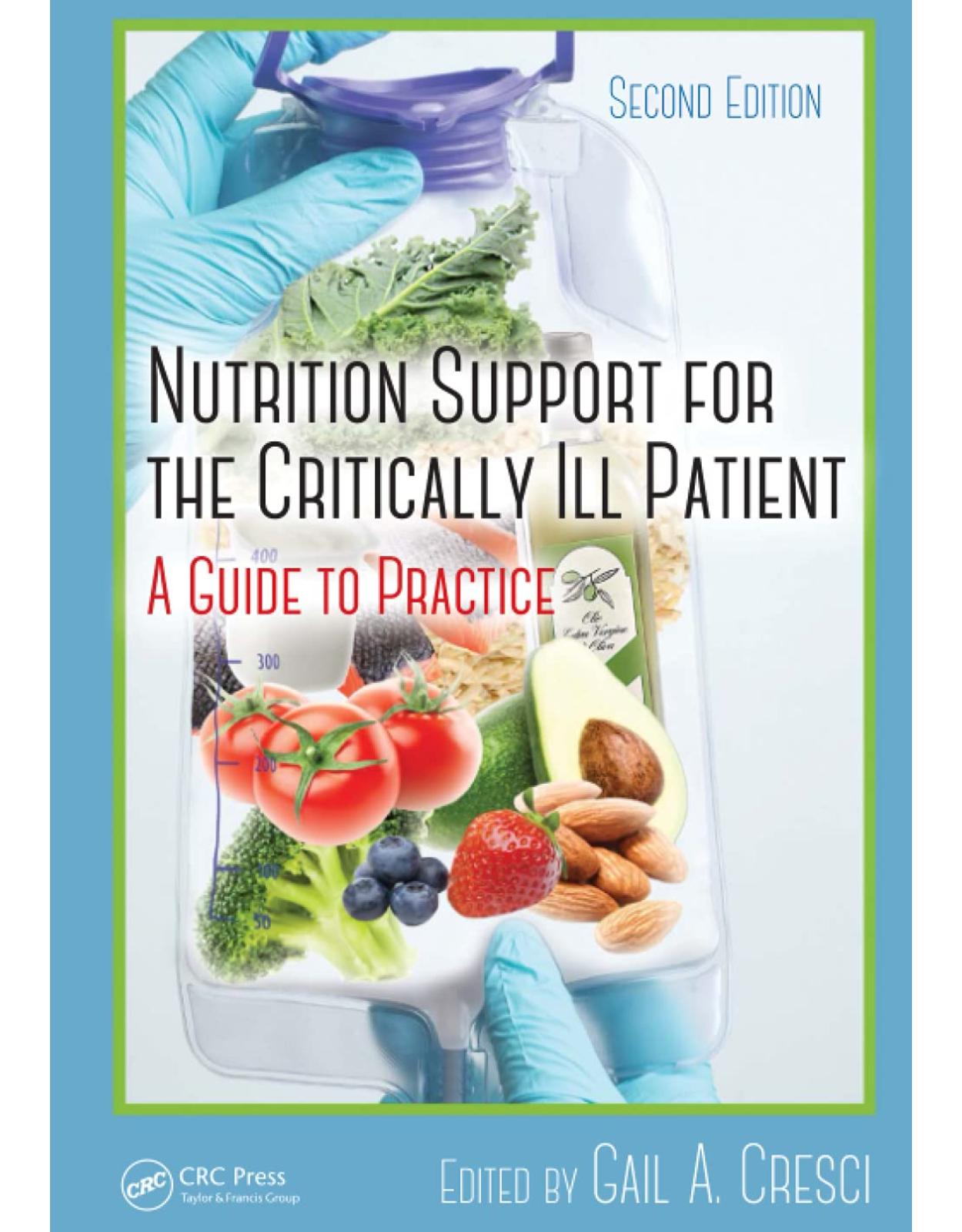
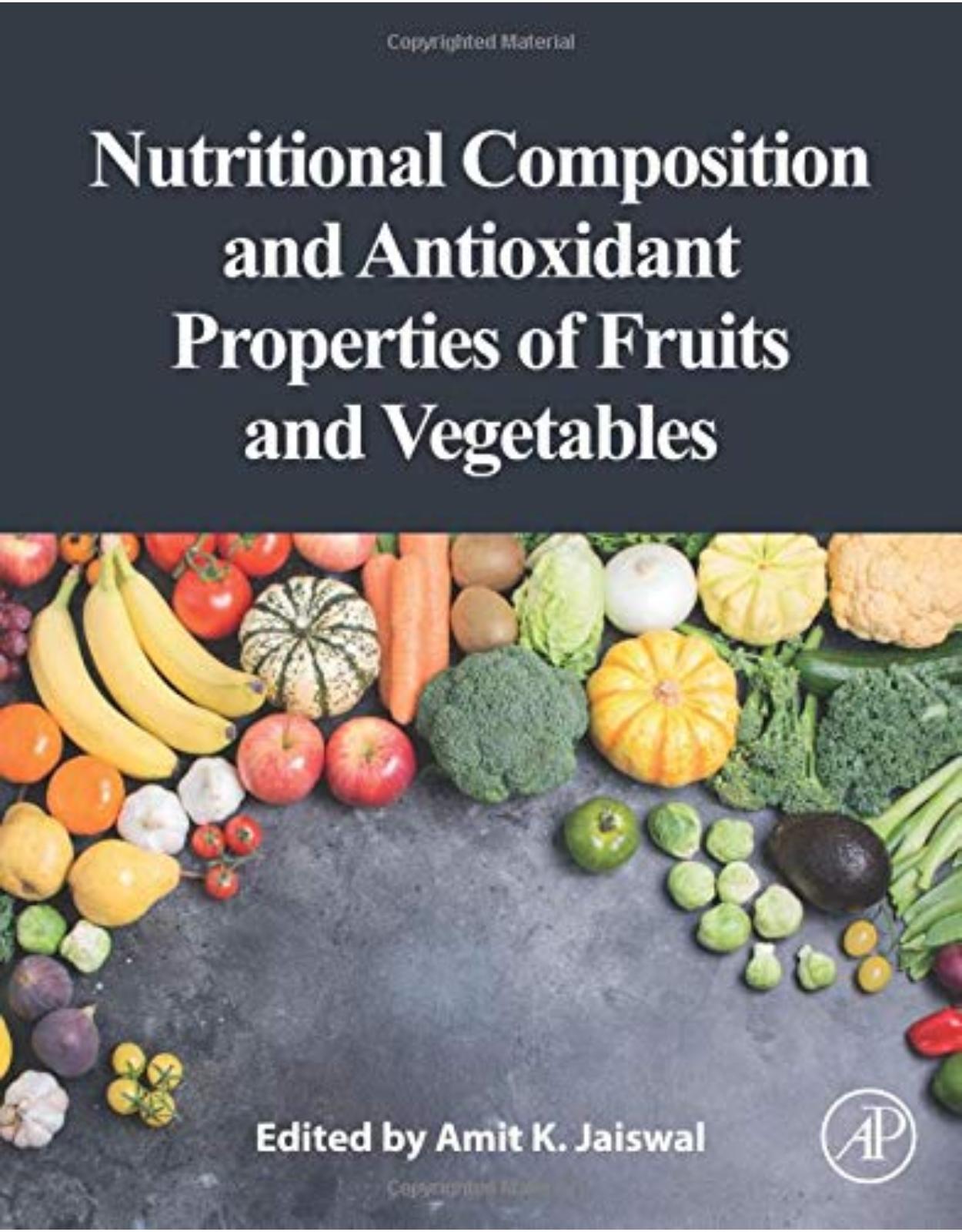
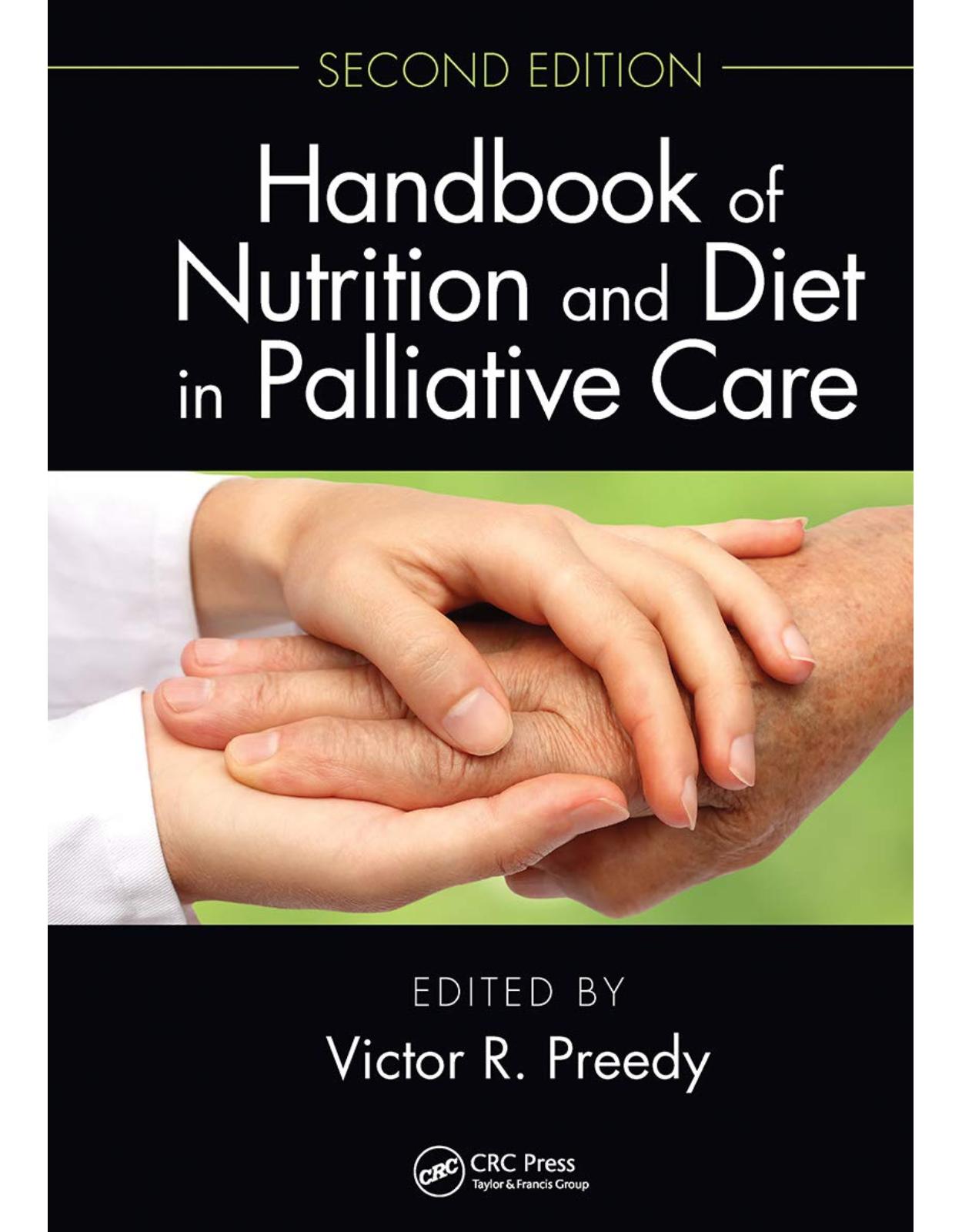
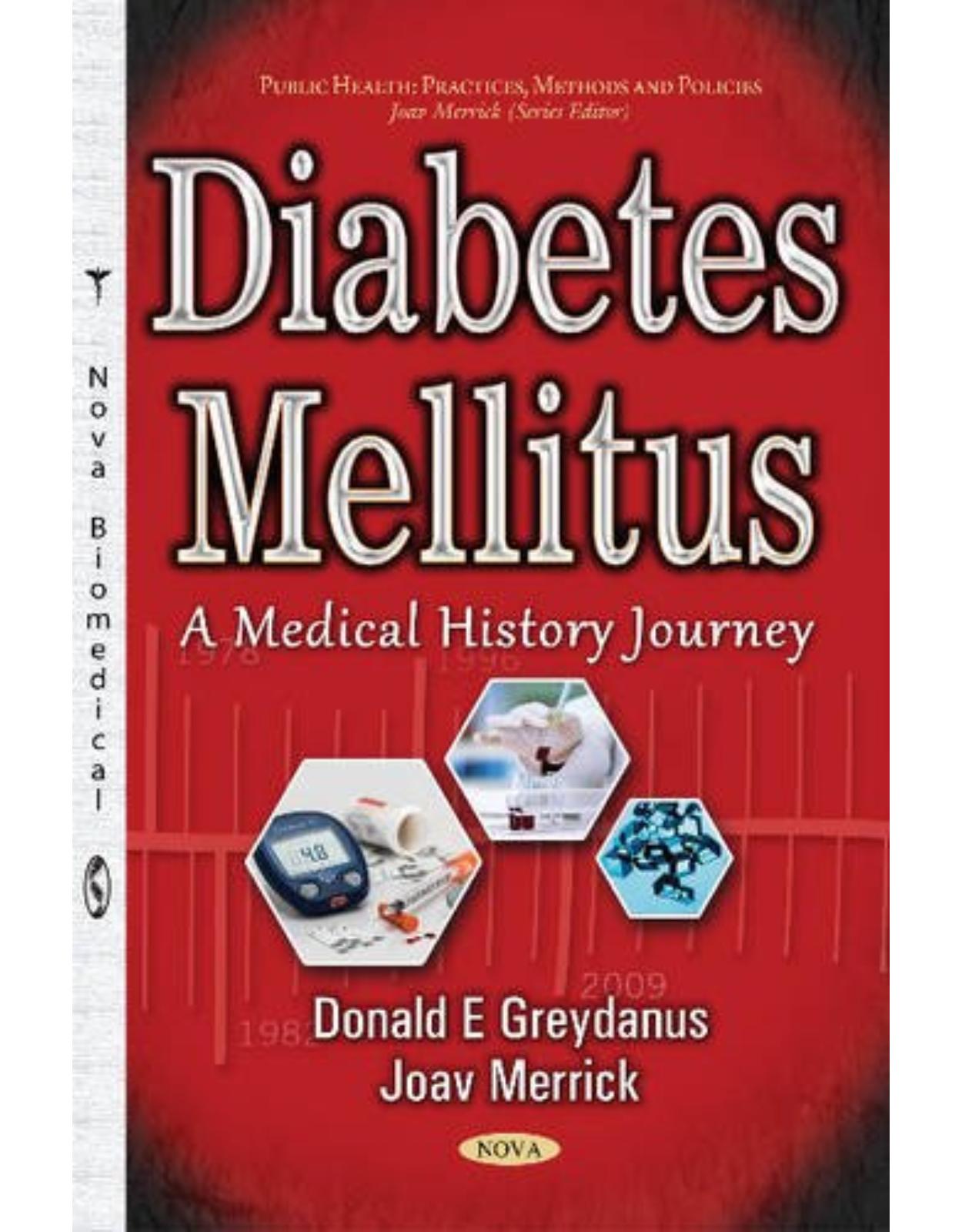
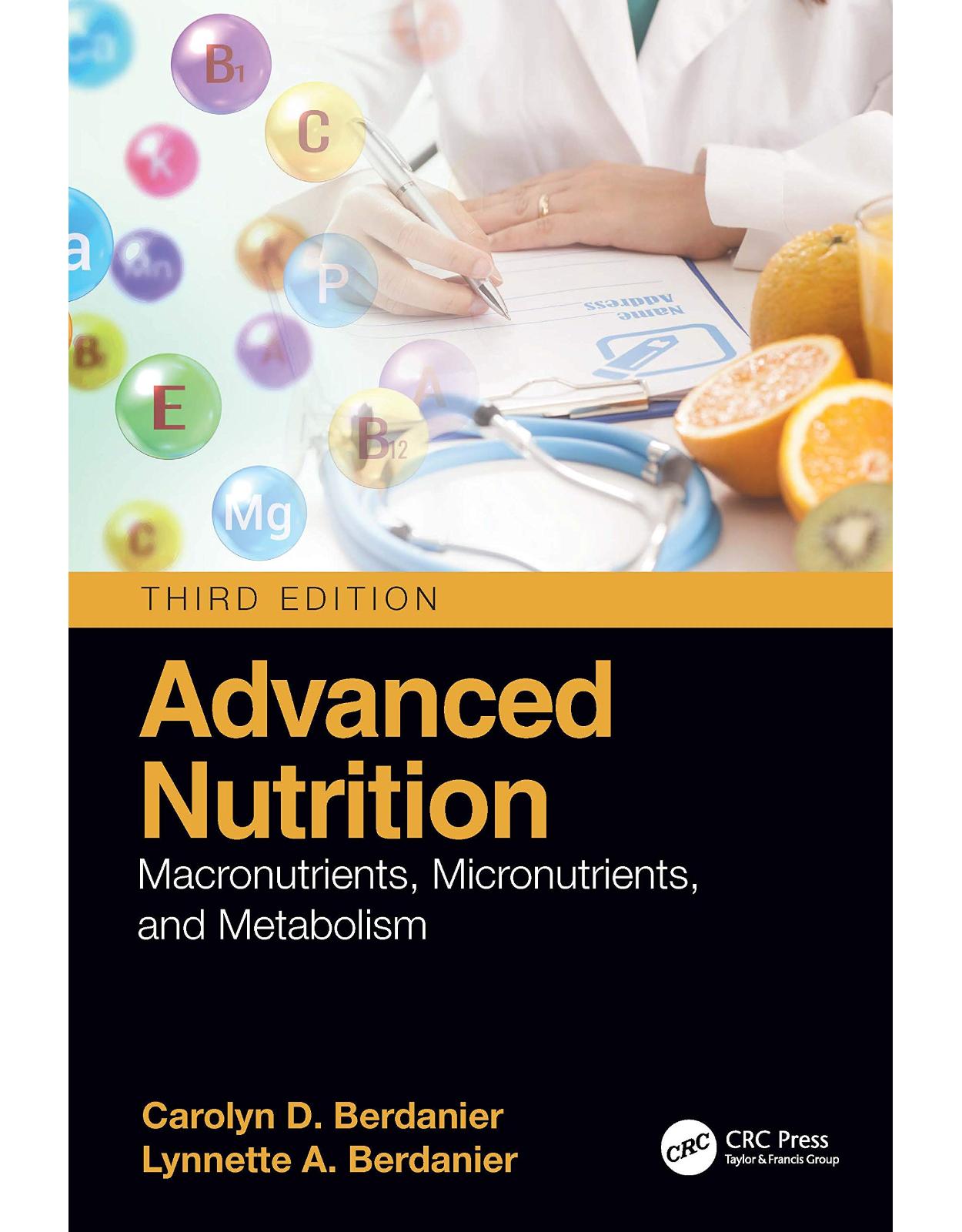
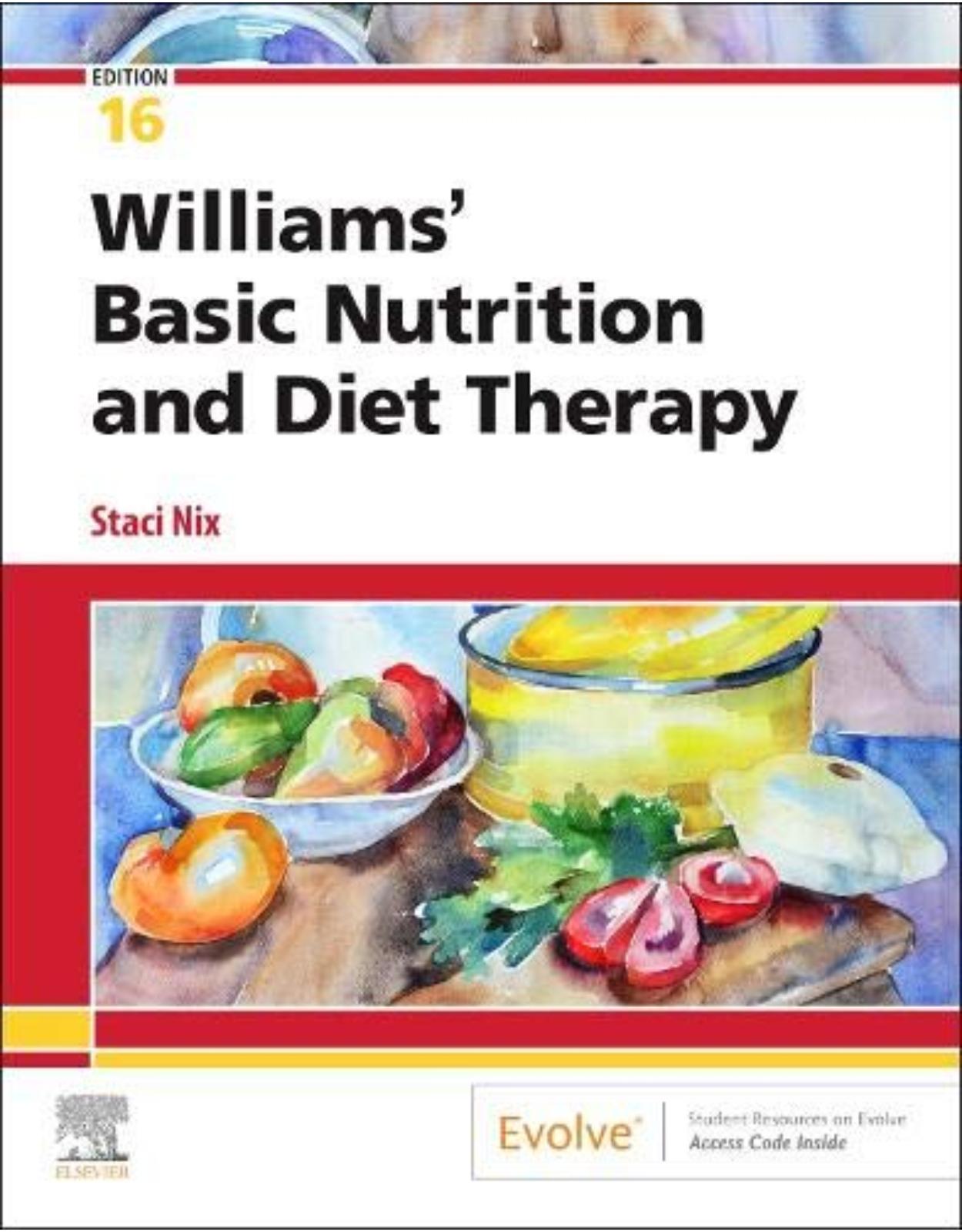
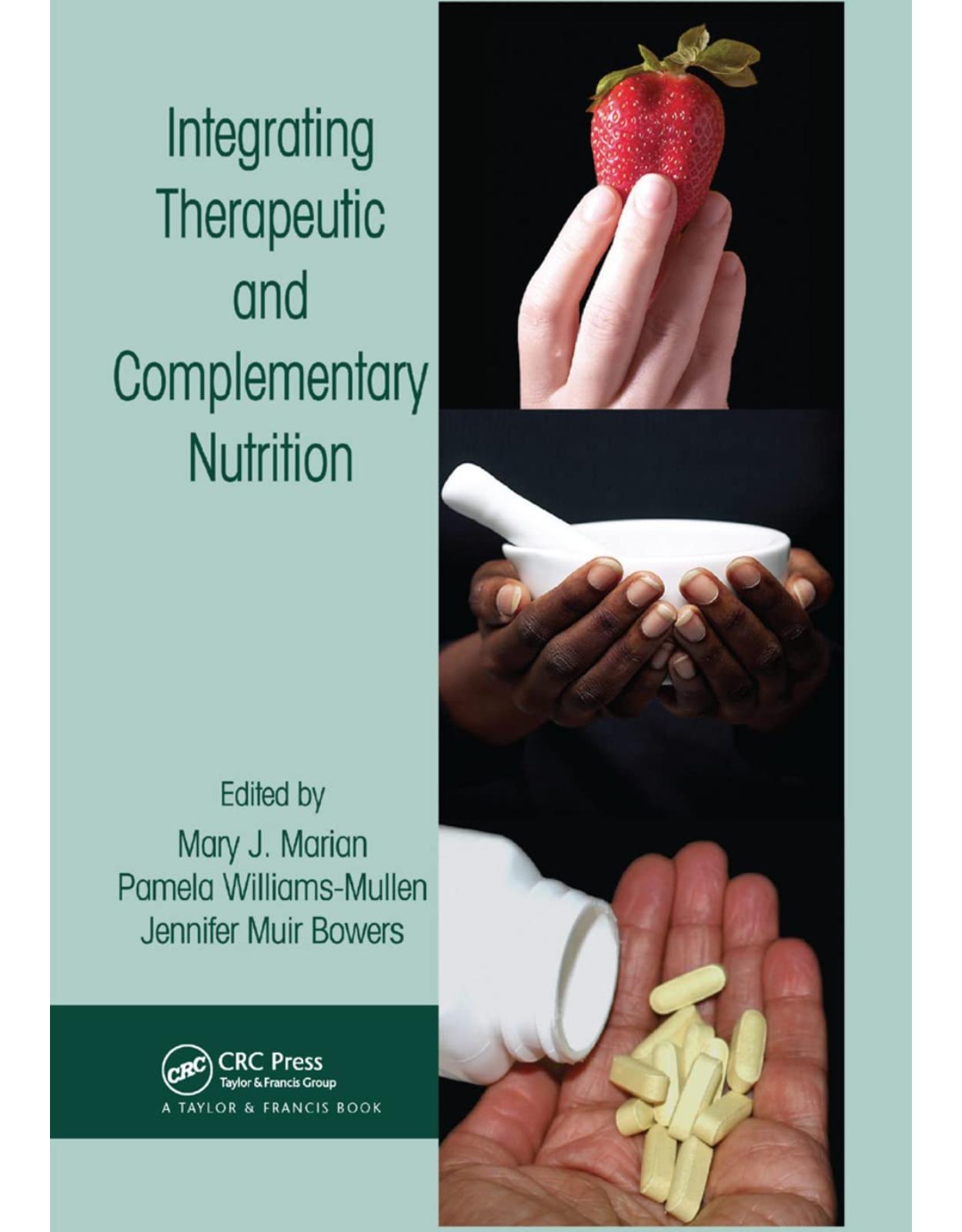
Clientii ebookshop.ro nu au adaugat inca opinii pentru acest produs. Fii primul care adauga o parere, folosind formularul de mai jos.